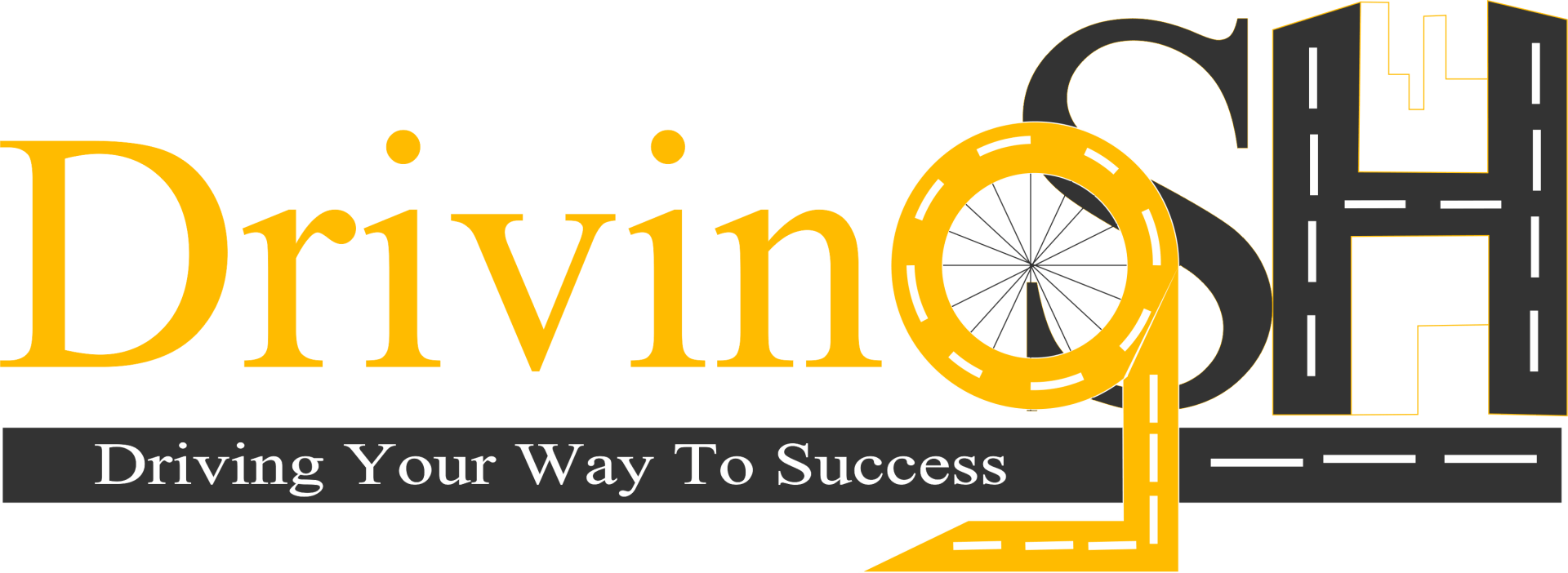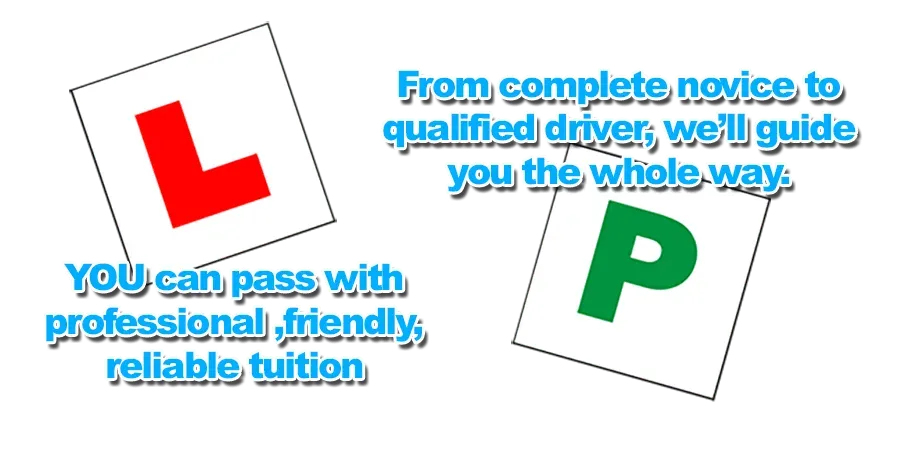Get started now!
Teen Drivers Education Course
Every day teens die in car accidents, and most are due to their bad actions behind the wheel. For this reason and many more, the Driving School of Houston's purpose is to teach teens to be efficient and responsible so they stay safe as they handle the great task of day to day driving. Contact us at (713) 692-7433 for more information.
Benefits Of Taking The Course With DSH:
- TDLR 100% approved
- Outstanding trained, kind, and patient teachers who will teach face to face vs online program management techniques.
- With only the first 6 hours of class, the student will be able to obtain a driving permit.
- The teen course is $450.00.
Please Note: Requirements for obtaining a learner's license:
- The entire course is paid for.
- The student obtained the VOE from the school. (This form is only valid for 30 days once signed by the high school. Please check with your high school for more information.)
- Student passes the rules and signs test (knowledge test).
Teen Drivers Education Course
$ 450.00
NEXT CLASS DATES
SEPTEMBER 29TH-10TH
NOVEMBER 3RD-14TH
DECEMBER 1ST-12TH
MON-FRI 5PM-7:15PM
Registration Requirements:
- VOE
- Parents or tutors must be present at the time of registration
- Paying at least $200 USD ($10 USD extra when paying the minimum amount)
- Any type of photo identification (students and parents (guardians)
How this course works
3
Practice Driving
Complete a total of 14 hours with DSH and 30 hrs with parents.
✔
Get Your License
After 6 months road test with DSH to get provisional license.
How The Program Works
PHASE 1: DRIVING PERMIT
- 24 hours of driver education instruction that are divided into 2 weeks: (Monday to Friday) - 2 and 1/2 hours per day - (5pm -7:30pm).
Note: schedules vary in summer.
- 14 hours in the vehicle (7 hours behind the wheel and 7 hours of observation of another student) that must be completed in no more than six months.
Note: Classes in the car are subject to cancellation if:
- Bad weather: rain, tornadoes, hurricanes etc
- Maintenance of vehicles
DRIVING PERMIT RESTRICTIONS:
Individuals who are under 18 must...
- have the driving permit for at least 6 months before obtaining the provisional license.
- drive with a 21+ years old adult who has a license sitting on the front passenger seat.
- not drive during 12am to 5am unless it is necessary for work issues, school activities or due to a medical emergency.
- not use wireless communication device including the use of hands-free, except in case of emergency.
- not ride with more than 1 passenger under 21 years of age who is not a member of the family.
PHASE 2: PROVISIONAL LICENSE
After the first 6 months prior permission if the student has not attained 18 years may apply to the provisional license requirements:
- You must have completed the 14 hours of driving education in the car.
- Complete 30 hours of behind-the-wheel practice with the parent or licensed adult (21+ years), 10 hrs during evening or 20 hrs during daylight.
- Complete the Texas Teen impact program which is valid for 90 days.
- Obtain another school VOE or diploma.
Once these requirements are met, the student will be able to take the driving test and once approved, obtain the provisional license:
- The provisional license expires at the age of 18.
- At the age of 18, you must renew the license in the first 30 days.
- Do not drive during 12am to 5am unless it is necessary for work issues, school activities or due to a medical emergency.
- You must not use Wireless communication device including the use of hands-free, except in case of emergency.
- You must not ride with more than 1 passenger under 21 years of age who is not a member of the family.
Are you a transfer student?
For students who only need to complete the driving hours:
- 7 hours of driving behind the wheel.
- 7 hours of observation.
Whether the student completed 32 or 24 hours online or in a traditional school and for some reason not been able to finish the 14 hours in the vehicle DSH welcomes and agrees to complete these classes as soon as possible.
- Have completed the 32 hours of online driving education or traditional school.
- The previous school or the student must transfer the DE-964 certificate before starting the classes in the car.
- Texas driver learner's permit.
- If you transfer student to do working hours behind the wheel it will cost $350.00.
What you will learn in this course
✔ Traffic laws
✔ Driver preparation
✔ Vehicle movements
✔ Risk reduction and management
✔ Distractions
✔ Alcohol and drugs
✔ Adverse conditions
✔ Crash prevention strategies



